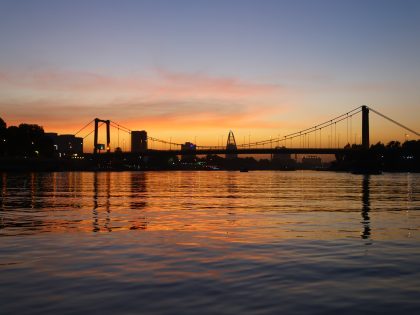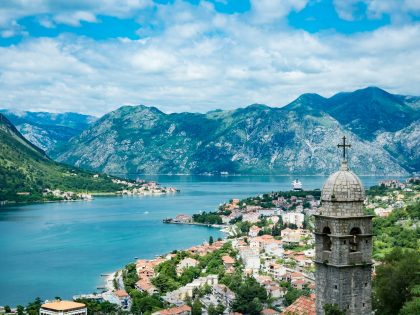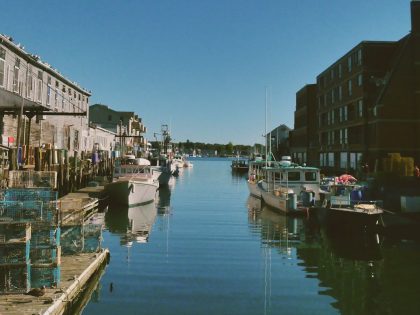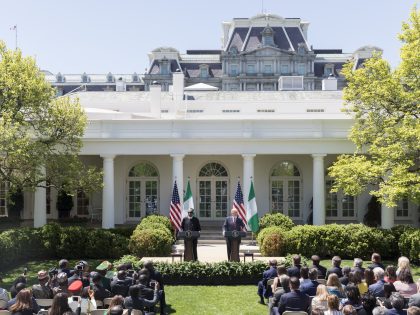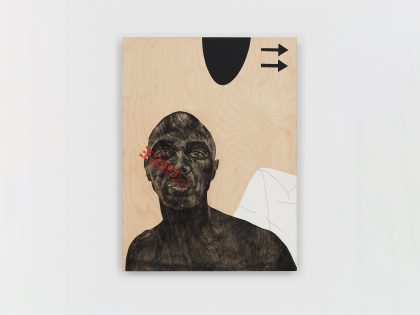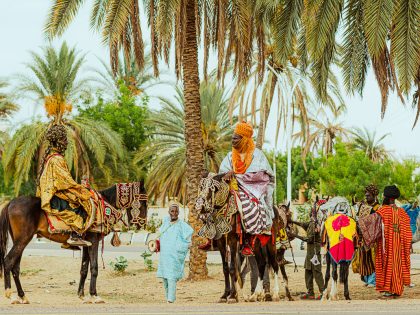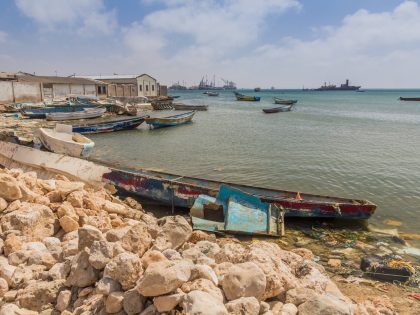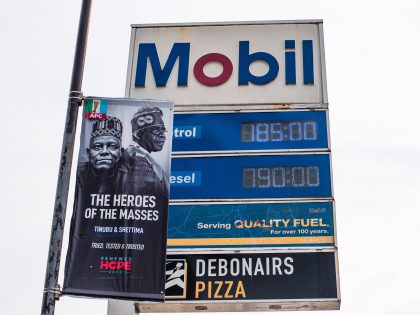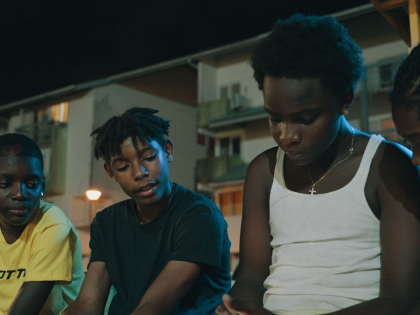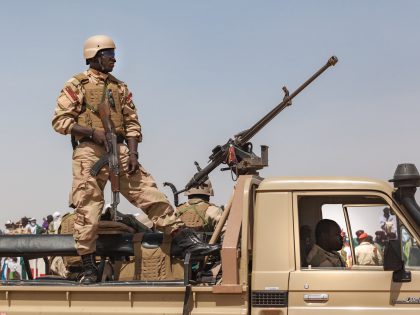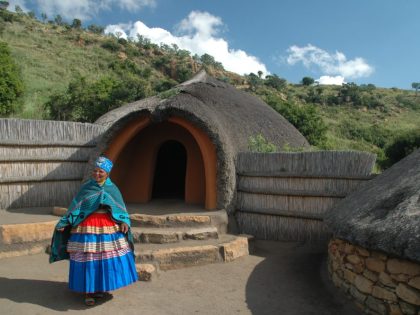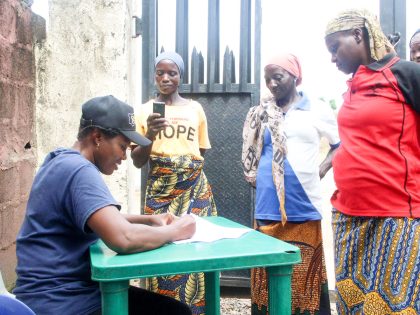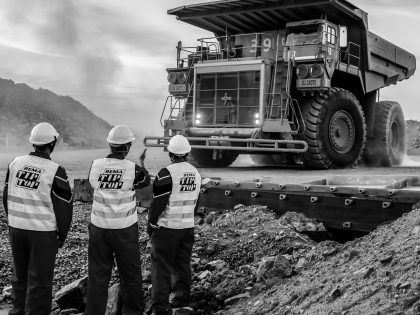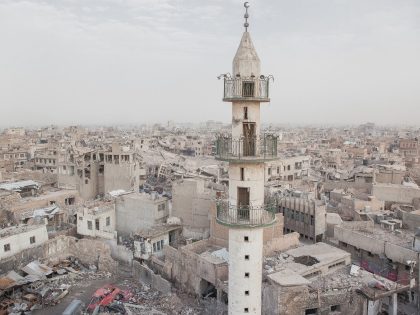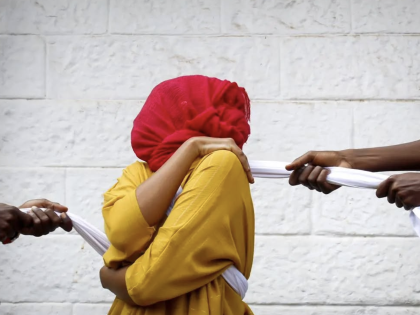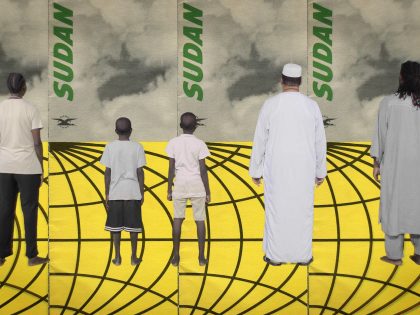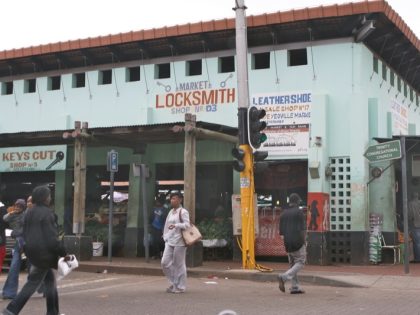The armed conflict lurking in the countryside

Congolese Army. Image via Wikipedia.
The protests against Congolese President Joseph Kabila in cities like Kinshasa and Lubumbashi, only reveal part of the crisis the Democratic Republic of Congo (DRC) is currently facing. In the wake of the end of the constitutional mandate for Kabila’s presidency, sporadic fighting has sprung up in the Eastern part of the country, centered around historical grievances, and unresolved local tensions. For many years these tensions have gone unnoticed by international observers, however they can tell us more about fundamental divisions in Congolese society than the protests in cities can.
Behind the explicit aim to chase out a regime that is no longer considered legitimate, armed groups from across various swaths of the country have used the current political crisis as an opportunity to redress political marginalization, or to act on aspirations to rule over territories, populations and resources. The current fragmentation of authority in rural Eastern Congo is the outcome of a constant reconstitution of local political order, largely based on exclusivist and ethnic claims.
That the aspirations over territorial control are largely translated into identity discourses comes as no surprise. A gradual loss of capacity of the Congolese state to impose its rule, provide security and promote local development since the early 1990s has created the necessary space for armed groups to become brokers in local power games. It remains unclear where this armed group activity will lead us, but the first indications tell us we are gradually moving towards more violence, and to further political and military fragmentation and confusion.
One of the regions with a risk of new rounds of violence is the nexus connecting the Rutshuru-Lubero-Masisi-Walikale territories (North Kivu). The area around the rural agglomeration of Kitchanga, for example, has seen recent and isolated cases of violence against local villages. Moreover, tit-for-tat confrontations between several armed factions of Hutu and Hunde descent have caused a generalised context of fear among the population. Rumours about a larger attack of militias against Kitchanga have created a generalised psychosis. In this context, a minor incident might spark off large-scale violence. Recent attacks by armed groups against civilians causing numerous victims in Luhanga, Bwalanda, and Nyanzale, indeed indicate that violence again is becoming more recurrent on the axis Rutshuru-Lubero-Masisi-Walikale.
This situation, linked to the Congolese Army’s campaigns to track one of the armed groups in the region, is not necessarily new. However, today’s tensions are amplified by the larger crisis at the political center. This crisis has reinforced the image of a state lacking capacity and legitimacy. It also paves the way for armed groups to reposition themselves and revise their strategies with the aim to impose their rule.
In South Kivu’s Kalehe territory, Raya Mutomboki factions of Tembo origin, have tried to forge new armed coalitions, not only to put pressure on Kabila to leave office but also to consolidate more localized claims of self-governance. After December 19th, main roads in Tembo areas have been under control of these Raya Mutomboki factions who believe Congolese state services should be pushed out of the area because they are no longer legitimate. They are also motivated by the ambition to set up roadblocks preventing the return to the region of over 40,000 Congolese Tutsi who fled during the fighting of the 90s, protect their community against Hutu militias, as well as fight for the recognition of the territorial claims of the Tembo.
These developments in the Kivu Provinces, as well as other areas in Eastern Congo, echo larger dynamics of inter and intra-ethnic competition over resources and political representation across the country. These issues remain unresolved since earlier rounds of violence in the 90s, mainly because of the lack of commitment and capacity of the Congolese state. The absence of protection mechanisms for local communities, and a governance context which is organized ethnically or through patronage networks, has prevented a coherent and effective response from the Congolese state, and have facilitated a proliferation of armed groups.
Although it is too soon to make any clear predictions, the political crisis resulting from Kabila’s refusal to leave office risks pushing these rural zones through new rounds of violence. This crisis provides armed groups with the perfect incentive to revive their local claims to rule, risks reinforcing their links with disgruntled or radicalized anti-Kabila forces, and could even turn some of these groups into attractive allies of the regime’s strategies to stay in power. It is even questionable if a potential agreement between Kabila’s regime and the political opposition about a transition of power at the state level, will have any effect on these simmering dynamics.
